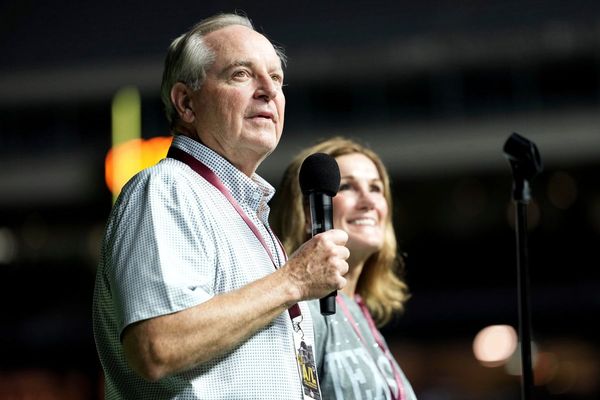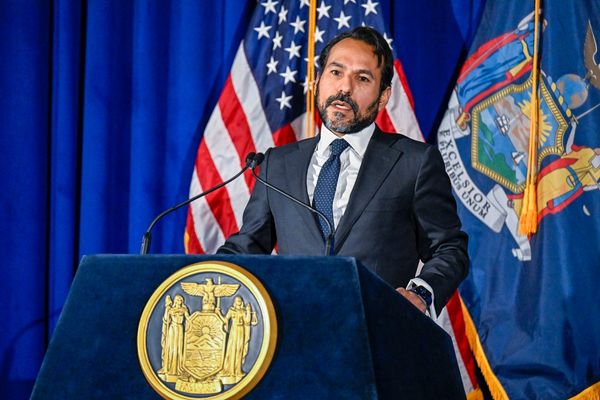
If I had a nickel for every time one of my friends said, “I’m on the fence about having kids,” well, I’d have a lot of nickels. It’s only befitting that there’s now a Reddit community called Fencesitters that has seventy five thousand people who are undecided about having kids. I get their dilemma. For the longest time, I thought I really badly wanted kids. Until I spent two weeks with my nine and thirteen year old cousins and was exhausted by the sheer amount of attention they needed from me twenty four seven. I wasn’t able to get any work done during those two weeks because I wanted to be emotionally present for them. I wanted them to feel seen, heard and validated — something they don’t usually get from their parents.
After the experience, I wasn’t sure if I have it in me to constantly be attached to a child if I were to ever give birth. I’d definitely need a lot of child care support. But at the same time, I don’t want to create trauma for my kids the same way my parents did by being unavailable constantly. And don’t even get me started on the unattainable costs of raising a child. Across the UK, it is estimated that it costs about £150,000 to cover the minimum cost of a child between birth and the age of 18.
Every now and then I come across cute videos of babies on my social media and wish there was an ‘Add to Cart, Buy Now’ button. Then I remember the two hundred grand at checkout and sigh. I instead scribble in my diary with a pout “My ovaries are on edge today.”
It turns out that I am not the only one debating this as a late-twenties Londoner. Across the pond, Jack Worthy, licensed psychotherapist and faculty with Gestalt Associates in New York says that among his clients, identity questions loom large over whether to have a child. “Have you always seen yourself as a mother? What does it mean for you to be a woman and not become a mother? Am I forever limiting my career if I choose to have a child? What doors would I be forever closing or opening?” These are some of the questions his clients ask. “Even with the most supportive partner and with the most flexible career, the time, money, and energy for parenting will need to come from somewhere. Parenting requires sacrifice and trade-offs,” he says. So when you ask, “Do I want to become a parent,” you’re asking, too, “From which part of my life will I take this time, money, and energy? From work? Leisure? Friends? Travel?”
Every now and then I come across cute videos of babies on my social media and wish there was an ‘Add to Cart, Buy Now’ button. Then I remember the two hundred grand at checkout and sigh
When I have conversations with my Gen Z or millennial single friends, they are equally as undecided as I am. On one hand we really do love kids and want them but on the other hand, we aren’t interested in making our lives more difficult if we don’t find the right partner or resources to have children. Neither are we willing to sacrifice our sleep, travel plans, and our bodies just to fulfill some societal expectation of what it means to be a woman.
I used to say that I would just adopt a child if I didn't meet the right man by my late thirties or at least freeze my eggs. Now I can see how delusional that was. I actually have no interest in being a single mother after witnessing so many parents struggle even after having each other’s support.
I often struggle to find any happy childhood memories because my parents were always in survival mode. I don’t want that for my children
Gen Z consider themselves to be cycle breakers when it comes to generational trauma and I feel quite aligned with that as the oldest Gen Z standing — I am twenty eight. When my parents had me they were financially not equipped to have a child. My mother left me at my grandparents’ house for a year after I was born because she couldn’t get more than three months of maternity leave and my father was earning less than her. I would never even think about having a child if I were in the same circumstances. When I asked my mother why she chose to conceive me at such a difficult time, she said, “That’s just what everyone did and we just followed it.” I think that’s such an irresponsible and selfish thing to do — to raise a child when you’re nowhere equipped to and that too under so much stress. I often struggle to find any happy childhood memories because my parents were always in survival mode. Maybe things would have been different if they were fencesitters.







